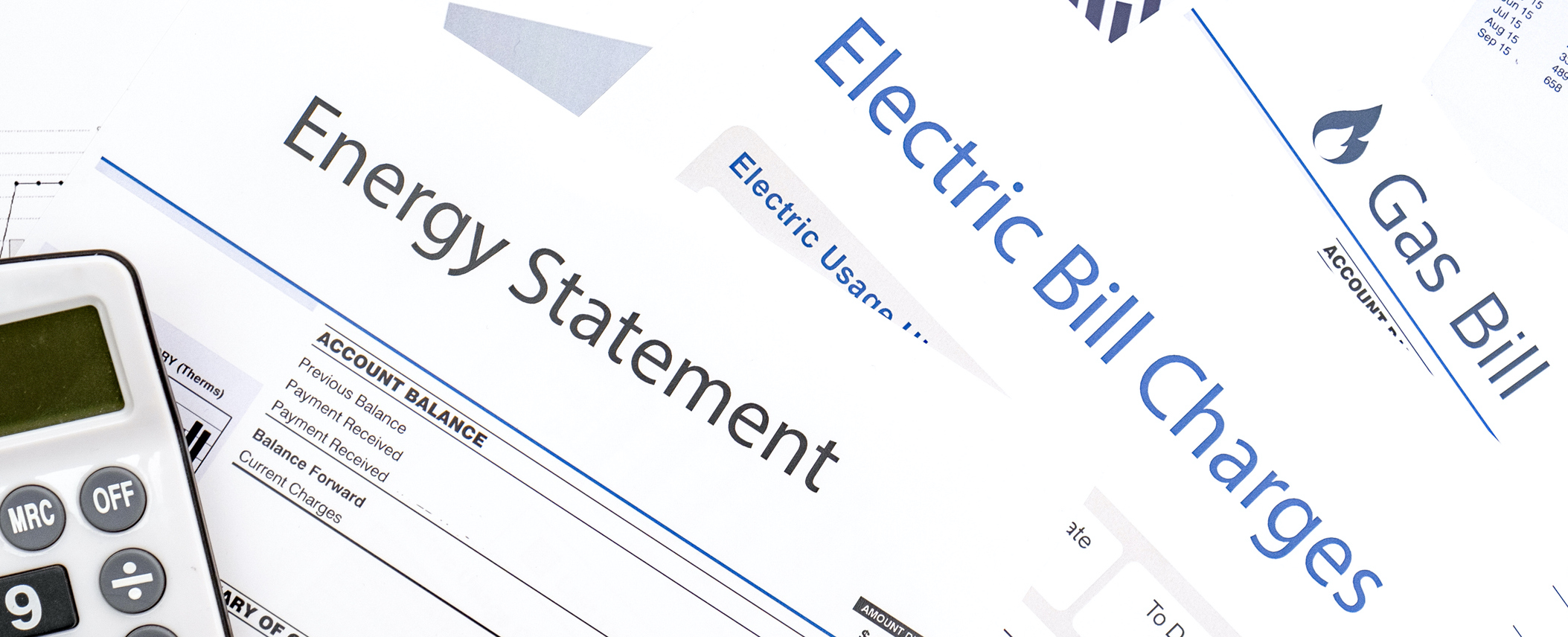This spring, as most Americans stayed at home, Sense home energy data showed that our customers’ average electricity bills rose 22% in April, when bills typically fall. Now it’s summer and with many families still at home relying on air conditioning to beat the summer heat, we anticipate very high electric utility bills in the weeks ahead.
For the millions of Americans who are furloughed or unemployed, bills are already piling up and this summer’s utility bills may be too much to pay. If your bills will break your budget this summer, here are some ways to address it.
Contact your utility right away
Don’t stop paying your bills without contacting your energy supplier. Many utilities have suspended shut-offs for non-payment and many states have mandated a moratorium on utility shut-offs. Ask your utility for an extended payment plan that gives you relief in the coming months. If your income has dropped because of the economic fallout from Covid-19, you could qualify for relief under the customer assistance programs (CAPs) that are part of utilities’ universal service obligations. If you’re already on CAP and your income has dropped further, you may qualify to reduce payments further.
Be sure to ask your utility about their energy saving programs. Mandated by state laws, many utilities will conduct free energy audits in your home, tell you how to make changes to reduce your bill and even give you free stuff. The programs may include low-cost or no-cost insulation, energy efficient lighting, programmable thermostats and a variety of rebates.
Work at getting those bills lower
For most people, negotiating an extended payment plan reduces the payments–but you’ll still have to pay eventually. So get ahead of your bills by tamping down your energy use. Here are some steps that are sure to deliver savings:
• Clothes dryers use a lot of energy. A simple appliance hack will make sure your washer spins efficiently. Hang the laundry up to dry whenever you can.
•Water heaters are another big energy drain. Set them at a lower temperature, if possible, and take shorter, cooler showers this summer. Use cold water for laundry when you can.
• Get your HVAC system maintained and then adjust it to a constant 78 degrees over the summer, the temperature recommended by the U.S. Department of Energy. Turn it off entirely and open the windows when the weather is pleasant.
• Unplug old TVs and spare fridges or freezers. Newer models are much more efficient.
• Don’t run your pool pump or hot tub continuously.
•
Set a monthly goal for your utility bill in the Sense app so you’ll get alerts when you’re trending over.
Browse our blog for many more tips to eliminate energy waste.
Check out state resources
Many states offer additional assistance programs for families in economic distress, weatherization programs, and energy efficiency programs. Research programs in your state that can help you reduce your bills. Visit the Department of Energy section of your state’s website for more information.
Find out if you qualify for LIHEAP
The federalLow Income Home Energy Assistance Program helps families with their home energy bills and energy related minor home repairs. Contact your local LIHEAP office to find out if you qualify. Local community action agencies (CAAs) accept applications for LIHEAP programs and can help you with local resources and assistance.
Know your rights
Extreme indoor heat can be life-threatening. In some states, utilities are not allowed to shut off your power, even for non-payment, if residents are over 65 years old, seriously ill, or a child under the age of one is living in the home. If you qualify for any of these reasons, contact your utility right away.
Watch out for scams
Scammers know that more people are struggling to pay bills this summer. Utilities are reporting fraudulent calls threatening to cut off electricity for non-payment. Don’t get scammed. If you get a call, hang up and call your utility directly to check on your bill status or see if you need to work out a payment plan.
